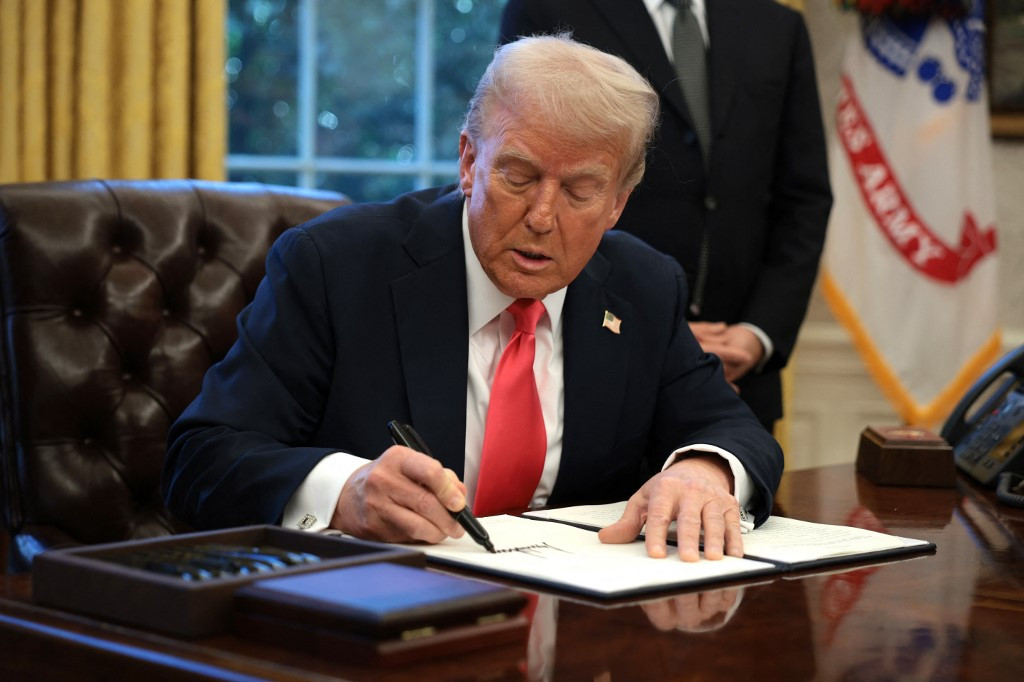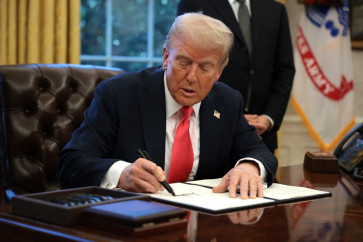Popular Reads
Top Results
Can't find what you're looking for?
View all search resultsPopular Reads
Top Results
Can't find what you're looking for?
View all search resultsMaking sense of the tariff chaos
The escalating trade tensions spawned by the US' unilateral tariffs, rather than a sign that multilateralism is failing, could indicate a painful transition toward a framework that better reflects the evolving global balance of power.
Change text size
Gift Premium Articles
to Anyone
T
he chaotic rollout of the United States’ import tariffs by the administration of President Donald Trump, targeting both allies and adversaries, defies easy explanation. As I argued in a previous commentary, the US is now pursuing multiple, often contradictory, objectives.
Given the structural trends driving deindustrialization in advanced economies, the prospect of reshoring manufacturing seems remote. Instead, the more plausible goal is fiscal. The current US administration claims that tariffs can generate revenue so that foreign countries are effectively subsidizing tax cuts for US residents.
Many Americans probably find this rationale compelling. After all, what’s wrong with putting national interests first?
In fact, there are many problems with this approach. For starters, the administration’s thinking ignores the likelihood, indeed the virtual certainty, of retaliation. Once trade partners respond in kind (which usually happens immediately), the gains from unilateral tariff increases will diminish.
True, the Trump administration is confident that the country’s economic leverage is sufficient to preserve its advantages despite countermeasures. Yet a remarkable consequence of recent policy decisions is that all of America’s major trading partners have united against it.
Negotiating with a small economy like Colombia is one thing, but it is quite another matter to confront retaliatory action from China, the European Union and America’s US-Mexico-Canada Agreement (USMCA) partners at the same time.
These dynamics underscore the very problem that multilateral trade agreements were designed to address; first under the General Agreement on Tariffs and Trade (GATT) and later under the GATT’s successor, the World Trade Organization.



















